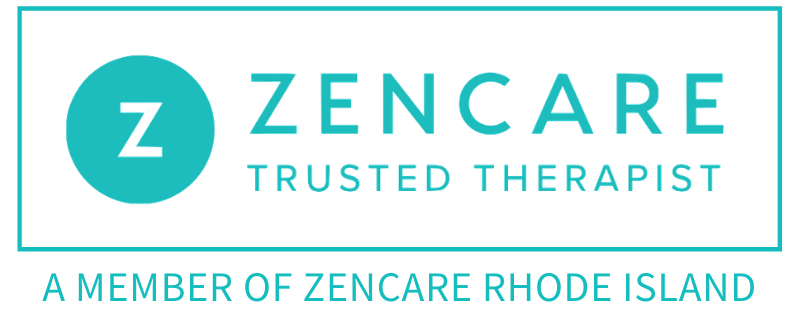Narrative Therapy
Narrative therapy is a therapeutic approach that views people as separate from their problems. It is grounded in the idea that individuals construct their identities through the stories they tell about their experiences. The therapy focuses on helping clients identify and reframe these narratives to empower them, often by externalizing problems—seeing them as separate from the self—and understanding how these stories influence their lives and relationships.
In Narrative Therapy, the therapist collaborates with the client to explore the dominant stories that shape their life and to uncover alternative stories that highlight the client’s strengths, skills, and potential. This approach encourages clients to rewrite their stories in a way that reflects a more positive and empowered self-concept, fostering a sense of agency and resilience. Narrative therapy is often used to address a range of psychological issues, including trauma, depression, anxiety, and relationship difficulties.
What to Expect During Narrative Therapy
-
Collaborative Relationship: The therapist will work with the client as a collaborator rather than an expert. The focus is on exploring the client’s experiences and stories together, with the therapist facilitating rather than directing the process.
-
Externalizing the Problem: In Narrative Therapy, problems are viewed as separate from the person. The therapist will help the client externalize the issue, often by giving it a name and discussing it as something outside of themselves. This process helps to reduce feelings of blame and shame and allows the client to view the problem more objectively.
-
Exploring Dominant and Alternative Stories: The client will explore the dominant narratives that have shaped their identity and experiences, particularly those that may be limiting or problematic. The therapist will also help the client discover alternative stories—narratives that highlight their strengths, values, and abilities, which might have been overshadowed by the dominant story.
-
Rewriting Personal Narratives: The client will be encouraged to re-author or rewrite their personal narratives in a way that reflects their preferred outcomes and a more empowered sense of self. This process can involve identifying moments when the client acted in ways that contradict the problem story, thus creating new, more positive narratives.
-
Focus on Meaning-Making: Narrative Therapy places a strong emphasis on the meaning the client gives to their experiences. The therapist will help the client reflect on these meanings, question unhelpful interpretations, and create new, more constructive meanings that support their well-being.
-
Empowerment and Agency: The overall goal of Narrative Therapy is to empower the client by helping them see themselves as the authors of their own stories. Clients often leave therapy with a greater sense of control over their lives and a stronger belief in their ability to shape their future.
-
Use of Questions and Conversations: The sessions will likely involve a lot of open-ended questions from the therapist designed to help the client explore their stories deeply. The therapist may ask about the origins of certain beliefs, how the problem has impacted their life, and times when they have successfully resisted the problem.
Overall, clients in Narrative Therapy can expect a respectful, non-judgmental environment where they are encouraged to explore and reshape their personal narratives in a way that promotes healing and personal growth.
Contact Our Team
If you would like to meet with one of our therapists to try Narrative Therapy, click the button below.
Get In Touch
Phone: 401-227-0372
Fax: 877-455-9466
Providence Location
1 Richmond Square, Suite 350W
Providence, RI 02906
(with free parking)
Florida (Mailing Address)
25 SE 2nd Ave
Ste 550 PMB 21
Miami, FL 33131
Puerto Rico (Mailing Address)
954 Ponce de Leon
Ste 205-10239
San Juan, PR 00907
If you are experiencing suicidal thoughts, call 911 or the National Suicide Prevention Lifeline at 1-800-273-8255, a free 24-hour hotline available to anyone in suicidal crisis or emotional distress. You will be routed to the nearest city crisis center.
National Suicide and Crisis Lifeline 988
National Transgender Lifeline Crisis Line (Staffed by Transgender Individuals) 1-877-565-8860
National Coalition Anti-Violence Programs: 212-714-1141LGBT National
LGBT Youth Talkline: 800-246-7743




